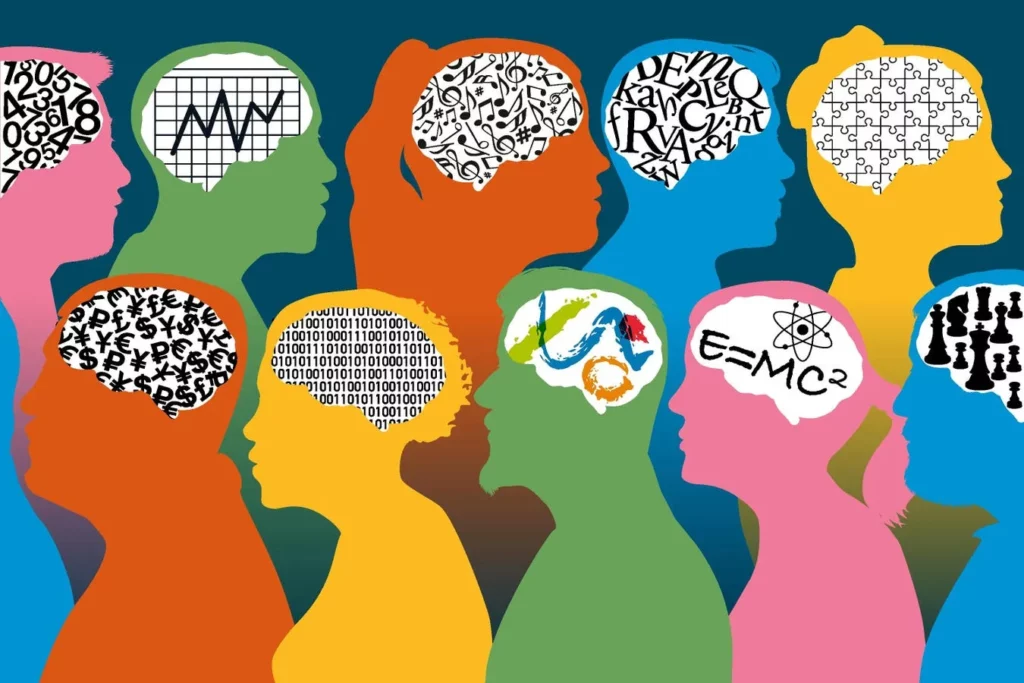
Intelligence Illusion: What Apple’s AI Study Reveals About Reasoning
A recent study by Apple has shed new light on the limitations of current artificial intelligence (AI) systems. The research, titled “The Illusion of Thinking,” reveals that even the most advanced AI models fundamentally lack genuine cognitive abilities. This groundbreaking finding has sent shockwaves through the AI community and offers profound implications for how we evaluate and deploy these systems.
The study’s findings are both methodical and damning. By creating controlled puzzle environments that could precisely manipulate complexity while maintaining logical consistency, the researchers demonstrated three distinct performance regimes in Large Reasoning Models (LLMs). In low-complexity tasks, standard models actually outperformed their supposedly superior reasoning counterparts. Medium-complexity problems showed marginal benefits from additional “thinking” processes. However, most strikingly, both model types experienced a complete collapse when faced with high-complexity tasks.
What makes these findings particularly striking is the counter-intuitive scaling behavior the researchers observed. Rather than improving with increased complexity as genuine intelligence would, these models displayed a peculiar pattern: their reasoning effort would increase up to a certain point, then decline dramatically despite having adequate computational resources. This suggests that the models weren’t actually reasoning at all – they were following learned patterns that broke down when confronted with novel challenges.
This revelation by Apple has profound implications for how we evaluate and deploy AI systems. It highlights the need for more authentic evaluation of intelligence and reasoning. True intelligence isn’t characterized by unwavering confidence or eloquent presentation. Instead, it manifests in several key ways: genuine intelligence acknowledges uncertainty when dealing with complex problems, recognizes limitations rather than concealing them, consistently reasons across different contexts, and demonstrates an ability to adapt principles to novel situations.
In human contexts, this means looking beyond charismatic presentation to evaluate the underlying quality of reasoning. It means creating space for thoughtful, measured responses rather than rewarding only quick, confident answers. It means recognizing that profound insights often come wrapped in appropriate humility rather than absolute certainty.
For AI systems, it means developing more rigorous evaluation frameworks that test genuine understanding rather than pattern-matching. It also implies acknowledging current limitations rather than anthropomorphizing sophisticated text generation.
Source: www.forbes.com


